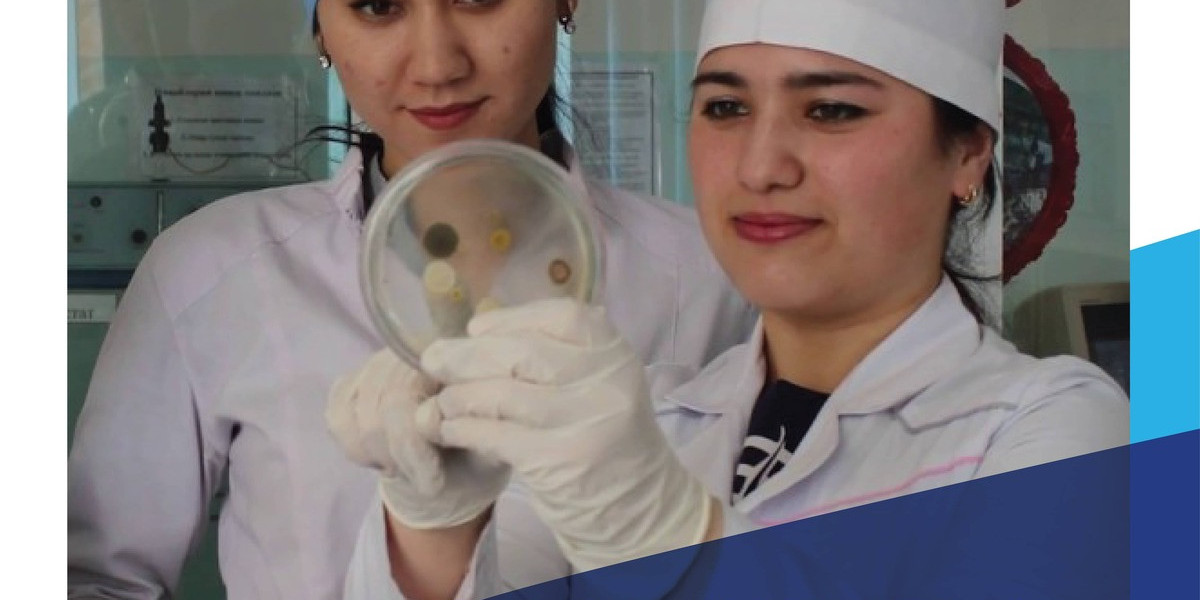Tashkent Medical Academy (TMA) has established itself as a leading institution for medical education in Central Asia, attracting a diverse student body from various countries. Its commitment to providing quality education, combined with modern facilities and a holistic approach to healthcare training, makes it a sought-after destination for aspiring medical professionals. For international students considering TMA, understanding the admission requirements is crucial. This article outlines the essential steps and criteria for admission to Tashkent Medical Academy.
Overview of Tashkent Medical Academy
Founded in 2005, Tashkent Medical Academy aims to train highly skilled healthcare professionals equipped with both theoretical knowledge and practical experience. The academy offers a range of undergraduate and postgraduate programs, including the Bachelor of Medicine and Bachelor of Surgery (MBBS), nursing, dentistry, and pharmacy, among others.
The institution is known for its rigorous curriculum, experienced faculty, and strong emphasis on research and clinical training. Additionally, TMA has established partnerships with various international medical institutions, providing students with opportunities for global exposure and collaboration.
Admission Requirements for International Students
For international students, the admission process at Tashkent Medical Academy is designed to be clear and accessible. Below are the key requirements and steps for prospective students:
1. Academic Qualifications
To be eligible for admission, international applicants must have completed secondary education or its equivalent. This typically involves:
- A secondary school certificate or diploma, equivalent to the Uzbek educational system.
- Transcripts showing a strong academic performance, particularly in science subjects such as biology, chemistry, and physics.
In many cases, applicants from specific countries may need to provide additional documentation, such as:
- A certificate of equivalency from an educational authority in their home country.
- Proof of completion of pre-medical courses, if applicable.
2. Language Proficiency
Given that the primary language of instruction at TMA is Uzbek and Russian, proficiency in one of these languages is essential. International students must demonstrate their language skills through one of the following:
- A valid certificate of proficiency in Russian or Uzbek.
- Completion of a language preparatory course offered by TMA, if they do not meet the language requirements.
For students applying to programs taught in English, proof of English proficiency through standardized tests such as IELTS or TOEFL may also be required.
3. Entrance Examinations
Tashkent Medical Academy often requires international students to take an entrance examination, which assesses their knowledge in core subjects relevant to the medical field. This examination typically covers:
- Biology
- Chemistry
- Physics
The results of this examination play a crucial role in the admission decision, along with academic qualifications.
4. Application Form and Documentation
International applicants must complete an application form, which can usually be found on the TMA website. The application process typically involves submitting the following documents:
- A completed application form.
- Academic transcripts and certificates (translated into Russian or English, if necessary).
- Proof of language proficiency.
- A copy of the applicant’s passport or identification document.
- Passport-sized photographs.
- A medical certificate confirming the applicant’s health status.
It is essential for students to ensure that all documents are submitted before the application deadline to avoid any delays in the admission process.
5. Visa and Immigration Requirements
Once accepted, international students must secure a student visa to study in Uzbekistan. Tashkent Medical Academy provides support in this process, including issuing an invitation letter, which is required for visa applications. Students should prepare to submit the following documents for their visa:
- A valid passport.
- A completed visa application form.
- Admission letter from TMA.
- Medical insurance.
- Financial proof to cover tuition and living expenses during their studies.
6. Financial Requirements
TMA’s tuition fees are generally affordable compared to many Western medical schools, making it an attractive option for international students. However, applicants should be prepared to demonstrate their financial ability to cover:
- Tuition fees.
- Living expenses, including accommodation, food, and transportation.
Providing bank statements or sponsorship letters may be required as part of the financial documentation.
7. Scholarships and Financial Aid
Tashkent Medical Academy offers various scholarships and financial aid options for international students. It is advisable for applicants to inquire about available scholarships during the application process. Scholarships may be awarded based on academic performance, financial need, or specific criteria set by the academy.
The Application Timeline
To ensure a smooth admission process, international students should be aware of the application timeline. Typically, the academic year at TMA begins in September, and the admission process starts several months in advance. Here is a general timeline:
- March to June: Application submissions are accepted.
- July: Entrance examinations are conducted.
- August: Admission results are announced, and accepted students can begin visa procedures.
Conclusion
Tashkent Medical Academy presents an excellent opportunity for international students aspiring to pursue a career in medicine or healthcare. With its comprehensive programs, experienced faculty, and emphasis on practical training, TMA equips students with the skills and knowledge necessary to excel in the medical field. By understanding and fulfilling the admission requirements, prospective students can take the first step toward a rewarding educational experience at this prestigious institution. For those ready to embark on this journey, TMA stands as a beacon of opportunity in the heart of Central Asia.



